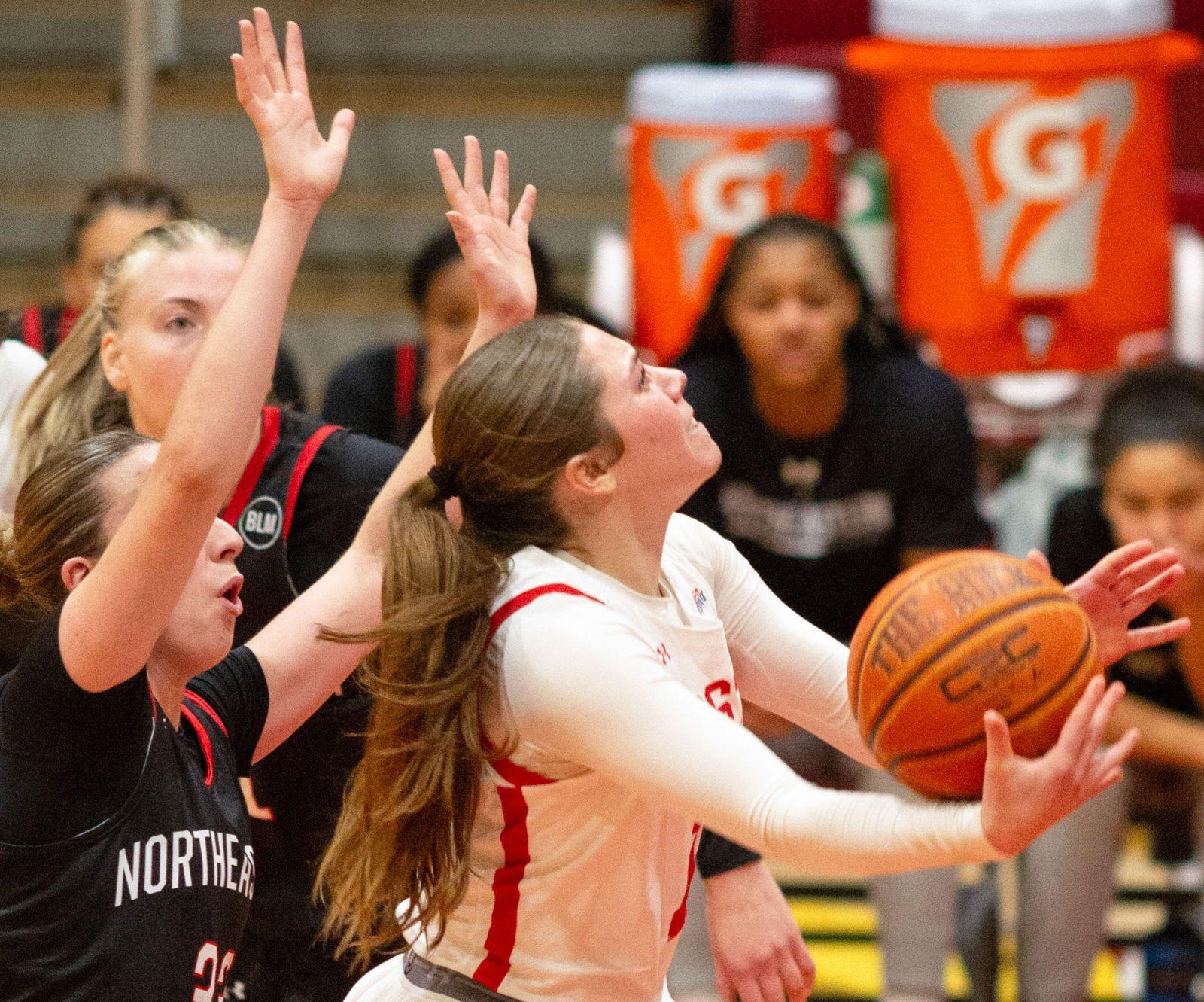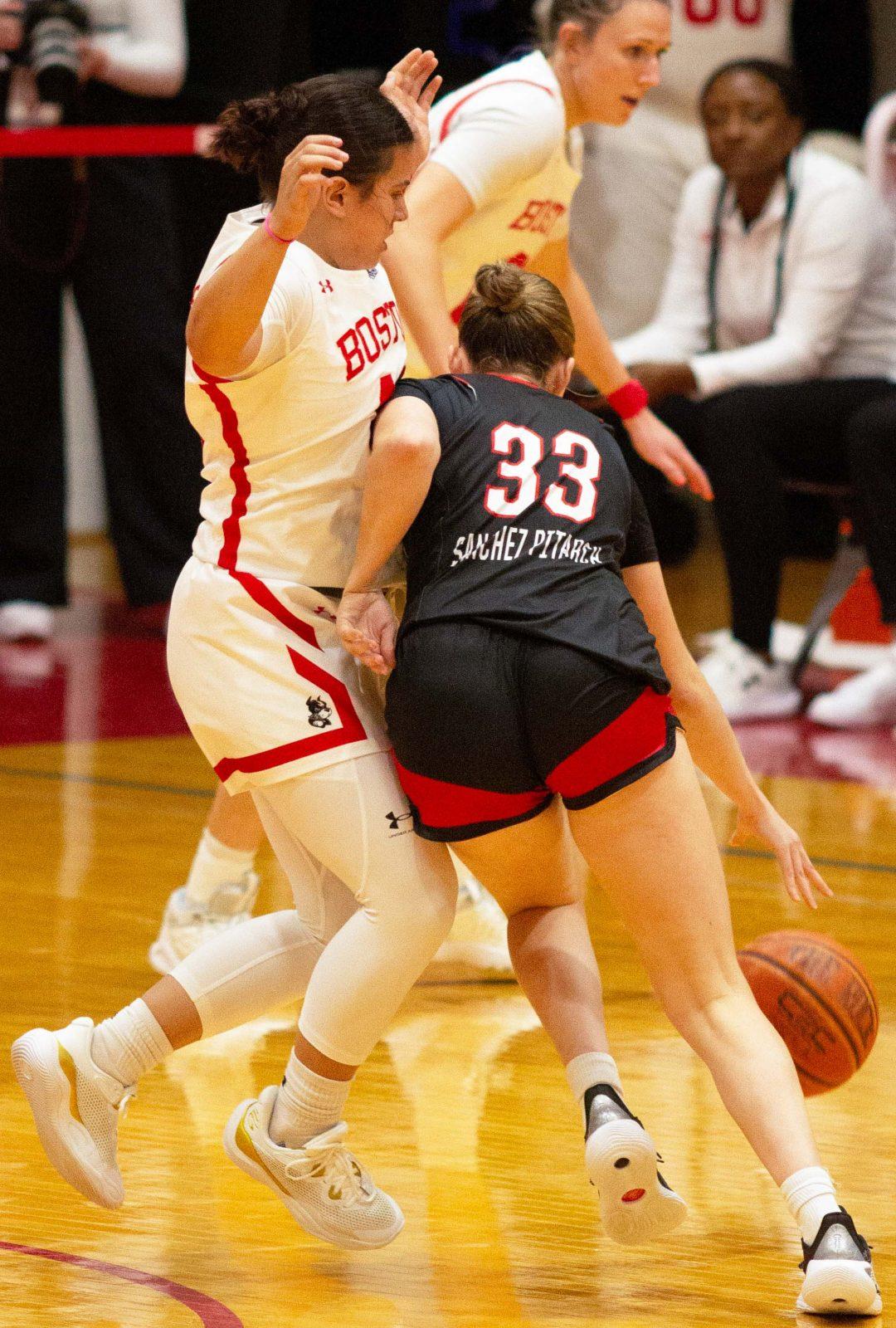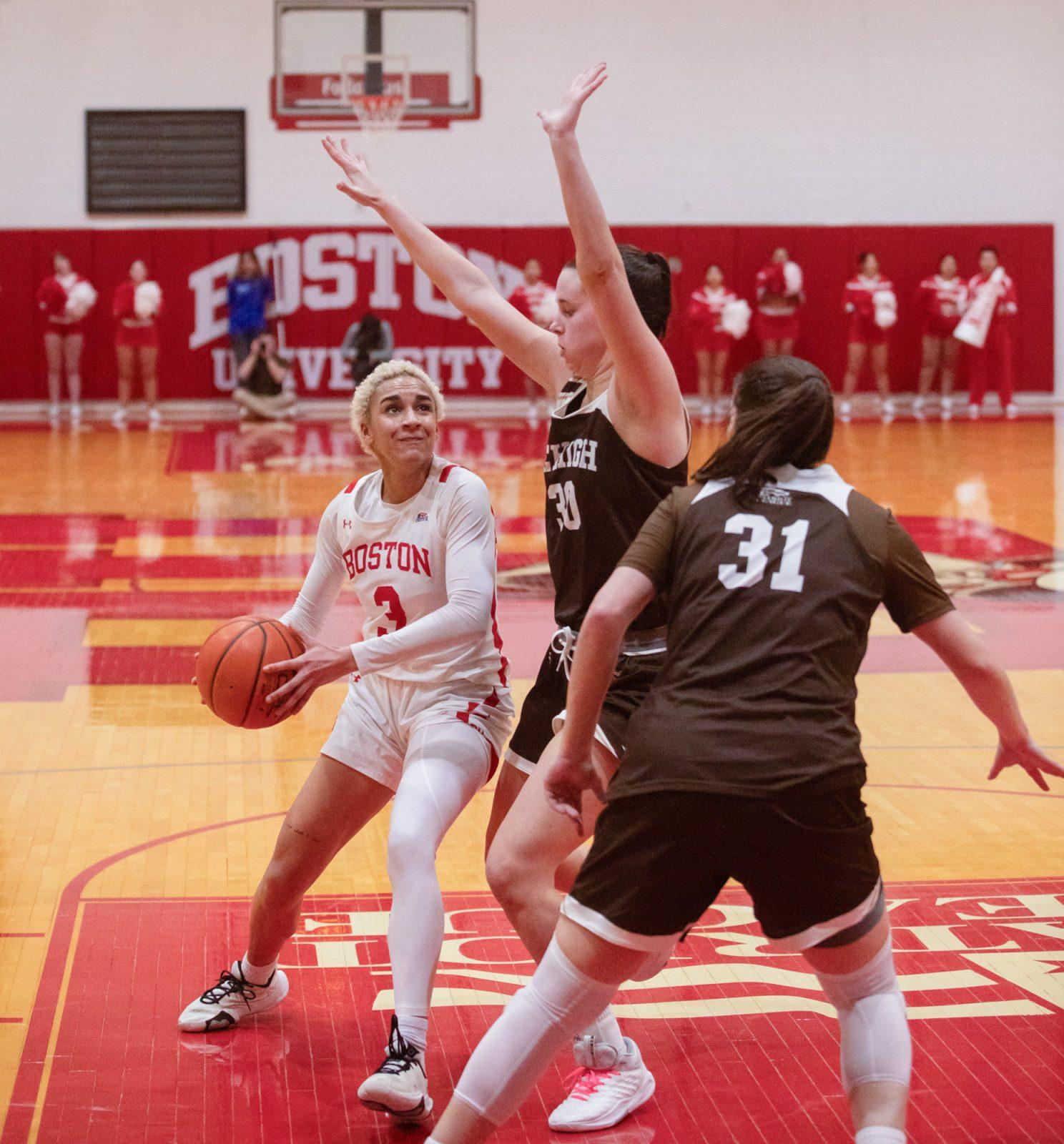LeBron James. Kobe Bryant. Kevin Garnett. Dwight Howard. Josh Smith. Tracy McGrady. Amar’e Stoudemire. Tyson Chandler. Monta Ellis. Andrew Bynum. What do these NBA stars have in common? They all entered the league right from high school, forgoing their college eligibility.
The Supreme Court ruled, in the 1971 case of Haywood v. National Basketball Association, that the NBA must waive the rule that prohibited players from entering the league until four years following their high school graduation. Spencer Haywood (the plaintiff of the case) entered the league the following season, and was a four-time NBA All-Star. For the next 34 years, high school players were allowed to declare for the NBA immediately following their graduation. It was not the most popular route, but as you can see above, there have been plenty of talented players who were NBA-ready straight out of high school.
In July 2005, the NBA signed a new collective bargaining agreement. Part of the agreement stated that players had to be at least 19 years old and one year removed from high school in order to play. The player isn’t necessarily required to go to college. Detroit Pistons point guard Brandon Jennings, for example, spent the gap year playing in Europe.
The rule has good intentions, there is no doubt about that. Many high school kids are physically and emotionally incapable of handling life in the NBA. The players, not even old enough to legally drink, find themselves integrated into the work-hard, play-hard life of an NBA ballplayer. The rule was designed to force the best high school players in the nation to go to college and gain playing experience, as well as increased physical maturity, before entering the professional ranks.
An unintended consequence of this ruling is what’s known as the “one-and-done” player. The highest-regarded high school players go to college for a single year, and then leave for the NBA. Some notable examples of these players include Oklahoma City Thunder forward Kevin Durant, who played a year at the University of Texas, Miami Heat center Greg Oden (Ohio State University), Chicago Bulls point guard Derrick Rose (University of Memphis), Minnesota Timberwolves power forward Kevin Love (University of California-Los Angeles) and New Orleans Pelicans center Anthony Davis (University of Kentucky).
All of these players, with the exception of Oden, have had, or will likely have (in Davis’s case) sustained NBA careers. Durant, Rose and Love are superstars already.
But isn’t the point of making players attend college to make them actually go (and stay) in college for more than a season? Top NBA prospects in high school consider college to be a diversion, a year to get better at basketball while not worrying too much about grades. So what if they don’t have a good GPA? In a year, they’re going to be making millions of dollars. The one-and-done rule removes any emphasis on going to college for the purpose of learning.
Learning can’t be forced on someone. Before the one-and-done phenomenon began, players chose to go to college for their own reasons. Personally, I think that players who decided to attend college were genuinely interested in the academic aspect of it. They wanted to form a back-up plan for themselves. Basketball careers certainly don’t last forever.
But forcing someone to attend college is just not a good idea. Imagine you’re an 18-year-old, and the highest-rated basketball prospect in the entire nation. You’d love to play in the NBA this instant. But you have to spend the next year of your life sitting in classes that don’t pertain to your future career at all. Sure, they might help you plan out your life after basketball — but right now, your life is basketball. You don’t look ahead to your late 30s, because they’re light-years away. So you sleepwalk your way through introductory lectures, while electrifying your fellow students with dazzling displays every couple of nights at your games.
Does that seem like a tremendous waste of time? If so, that’s because it is. The minimum starting NBA salary, as of the 2011-12 season, is $473,604. And as a top prospect, you would be making quite a bit more than that just by entering the NBA. Forcing players to attend college for a year removes that earning power from them for that period of time.
As said above, you can’t force learning on someone. Forcing a player to go to college (or to avoid the NBA and play overseas for a year, like Brandon Jennings) violates his right to earn the salary he could earn by playing professionally right out of high school. Additionally (with the occasional exception), these players are 18 years of age and are legal adults. Therefore, they should not have their choices made for them. The one-and-done rule should be abolished. If high schoolers think they are ready for the NBA, let them play. If they do not handle the pressure well, or they succumb to the temptations of an NBA life, they have got no one to blame but themselves. But forcing them to attend college, for a year in which they would focus exclusively on basketball and not as much in the classroom, is just stupid. The spirit of the rule is noble on paper, but situations often do not play out in reality how they do on paper. Let the kids do what they want. If they are smart, they will go to college. But they need to make their own decisions.














































































































